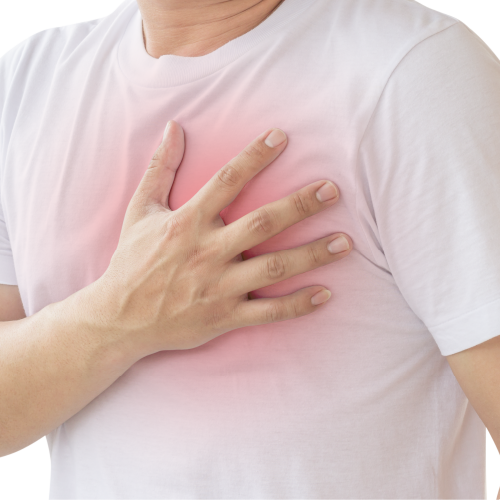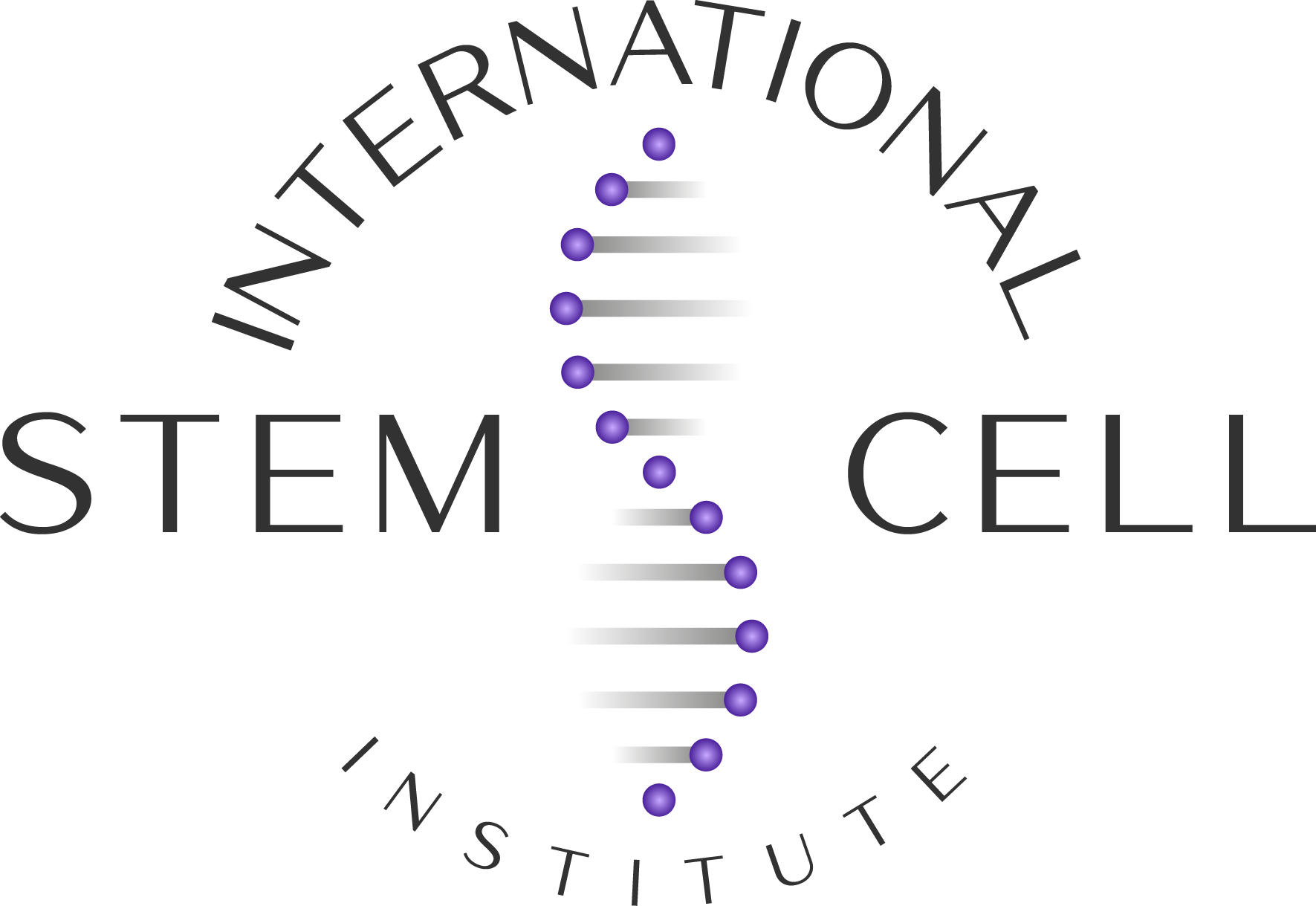Heart-Cardiovascular Diseases
Heart and cardiovascular diseases are among the leading causes of mortality worldwide. In the United States alone, cardiovascular diseases claim more lives each year than any other cause, with coronary artery disease being the most common type. The statistics are staggering – the American Heart Association reports that nearly 659,000 people in the U.S. die from heart disease annually, accounting for 1 in every 4 deaths.

How MSCWJ Can Help Treat Heart-Cardiovascular Diseases
-
MSCWJ have powerful regenerative capabilities.
-
They show promising results in treating various heart conditions.
-
These cells repair and regenerate damaged heart tissues.
-
MSCWJ can differentiate into different cell types.
-
They represent a significant advancement in treating heart conditions like myocardial infarction, congestive heart failure, and cardiomyopathies.
Key Benefits of MSCWJ in Cardiovascular Treatment:
- Regeneration of Damaged Heart Tissue
- Reduction of Inflammation
- Improving Blood Flow
- Modulating Immune Response
MSCWJ can differentiate into cardiac cells, aiding in the repair of damaged heart tissues.
These cells possess anti-inflammatory properties, crucial in treating heart diseases where inflammation plays a key role.
By promoting the formation of new blood vessels, MSCWJ can enhance blood flow to the heart, crucial for patients with coronary artery disease.
This can be particularly beneficial in heart conditions exacerbated by autoimmune response
Dr. Gonzalez sets himself apart with his precision-targeted delivery of MSCWJ. He employs advanced imaging-guided procedures such as CT-guided, fluoroscopy, and catheterization lab techniques, or intravenous infusion when appropriate. This precision ensures that the stem cells are delivered exactly where they are needed, maximizing their therapeutic potential and increasing the chances of successful treatment.
The Edge of Treatment in Bogota, Colombia
Due to restrictive regulations surrounding stem cell therapy in the United States, Dr. Gonzalez operates out of Bogota, Colombia. This location allows him to provide cutting-edge treatments that might not be available elsewhere, focusing on treating the cause, not just the symptoms, of heart and cardiovascular diseases.
Myocardial Infarction
Myocardial Infarction, commonly known as a heart attack, is a leading cause of death worldwide. It occurs when blood flow to the heart is blocked, leading to tissue damage. Traditional treatments focus on restoring blood flow, but often the damage to heart tissue remains, leading to long-term complications and decreased quality of life.

Innovative Treatment with Mesenchymal Stem Cells from Wharton’s Jelly (MSCWJ)
At the International Stem Cell Institute, under the expert guidance of Dr. Leonardo Gonzalez, we’re pioneering a cutting-edge approach to treat myocardial infarction using MSCWJ. This novel therapy aims not just to treat symptoms, but to repair and regenerate damaged heart tissue.
How MSCWJ Transforms MI Treatment
- Regenerative Properties
- Anti-inflammatory Effects
- Scar Tissue Reduction
- Enhanced Blood Flow
MSCWJ can differentiate into various cell types, including cardiomyocytes (heart cells), offering the potential to repair damaged heart tissue.
These stem cells reduce inflammation, a critical factor in the aftermath of a heart attack, thus aiding in healing and recovery.
By reducing fibrosis in the heart, MSCWJ can improve heart function and prevent future complications.
MSCWJ therapy can promote the formation of new blood vessels, improving circulation and heart health.
Dr. Leonardo Gonzalez’s Unique Approach to Treating MI
Located in Bogota, Colombia, Dr. Gonzalez’s clinic provides a specialized approach to treating myocardial infarction:
· Image-Guided Stem Cell Delivery: Ensuring precise delivery of MSCWJ to the affected areas of the heart using state-of-the-art imaging techniques.
· Tailored Treatment Plans: Customized therapies based on each patient’s unique condition, maximizing the healing potential.
· Comprehensive Care: A holistic approach to recovery, including IV infusion therapies for systemic health benefits.
Join the Path to Cardiac Recovery
If you or a loved one are facing the challenges of myocardial infarction, explore a new frontier in treatment with us. At ISCI, you’re more than a patient; you’re a partner in a journey towards heart health and overall well-being.
Cardiovascular Disease
Stem cells have shown great potential in the field of regenerative medicine, particularly in the treatment of cardiovascular diseases. Among the various types of stem cells, mesenchymal stem cells derived from Wharton’s jelly (WJ-MSCs) have emerged as a promising option for cardiac regeneration.
WJ-MSCs are found in the connective tissue surrounding the umbilical cord and have several advantages as a source of stem cells for cardiac regeneration.

They have a high proliferative capacity and the ability to differentiate into various cell types, including human cardiomyocytes. This makes them an ideal candidate for the treatment of cardiovascular diseases, where the goal is to regenerate damaged heart tissue and improve heart function.
Several clinical trials have demonstrated the safety and effectiveness of WJ-MSCs for treating cardiovascular diseases. For example, a clinical trial involving 60 patients with ischemic heart disease found that treatment with WJ-MSCs was associated with a significant improvement in left ventricular ejection fraction (LVEF), a measure of heart function, and a reduction in the size of infarcted heart tissue.
One of the major advantages of using WJ-MSCs for cardiac regeneration is that they can be easily obtained through a non-invasive procedure. This makes them a convenient option for patients who may not be able to undergo invasive procedures. In addition, WJ-MSCs have a low risk of an immune response or rejection, making them an attractive option for allogeneic transplantation.
- In conclusion
- One promising approach
The use of WJ-MSCs for cardiac regeneration holds great promise as a safe and effective treatment for cardiovascular diseases. With further research and clinical trials, WJ-MSCs could become a widely used treatment option for patients with heart disease.
Cardiovascular disease, also known as heart disease, is a leading cause of death globally. The World Health Organization estimates that over 17.9 million people die from cardiovascular disease each year, representing approximately 31% of all deaths worldwide. The burden of cardiovascular disease is especially high in low- and middle-income countries, where access to advanced medical treatments may be limited. Therefore, there is a growing need for innovative and effective treatments for cardiovascular disease.
One promising approach is the use of stem cell therapy to regenerate damaged cardiac tissue. Stem cells are a type of cell that can develop into many different types of cells in the body. Stem cells can self-renew, meaning they can divide and produce more stem cells, and differentiate, becoming specialized cell types such as heart muscle cells or blood cells.
The use of stem cells to regenerate damaged cardiac tissue holds significant potential because of their ability to differentiate into specialized cell types. In the case of cardiac disease, stem cells may be able to differentiate into new heart muscle cells and blood vessels, helping to repair and regenerate damaged tissue in heart failure.
Stem cell therapy offers a promising alternative to traditional treatments for cardiac disease and heart attacks, often involving medications, interventional procedures, or surgery to manage symptoms or improve blood flow to the heart. While these treatments can be effective, they do not address the underlying problem of tissue damage and may not fully restore heart function. In contrast, stem cell therapy has the potential to directly address the underlying cause of cardiac or heart disease by promoting tissue repair and regeneration.
Low ejection fraction is a condition characterized by the inability of the heart to pump blood effectively. Stem cell therapy has emerged as a promising treatment for patients with low ejection fraction. This therapy uses mesenchymal stem cells to regenerate damaged heart tissue and improve heart function by reducing inflammation and potentially regenerating scar tissue.
Mesenchymal stem cells have been shown in multiple studies to stimulate the growth of new blood vessels and heart muscle cells and improve the function of existing cardiac cells. This increases the heart’s pumping ability, improving symptoms and overall quality of life for the patient.
Several clinical trials have demonstrated the safety and efficacy of stem cell therapy for low ejection fraction. In a meta-analysis of 23 randomized controlled trials, stem cell therapy significantly improved ejection fraction and reduced the risk of major adverse cardiac events compared to standard treatment or placebo. However, there are still some limitations to the widespread use of stem cell therapy for low ejection fraction. The optimal type of stem cells, dosing, delivery method, and timing of treatment are still under investigation, and the long-term effects of cardiac cell therapy are still unclear.
Congestive heart failure is when the heart cannot pump blood effectively, leading to fluid buildup in the lungs and other parts of the body. Stem cell therapy has been investigated as a potential treatment for congestive and heart failure patients.
Stem cells can differentiate into various types of cells, including heart cells. Studies have shown that stem cells can improve heart function in patients with congestive heart failure. Stem cells have been shown to stimulate the growth of new blood vessels and heart muscle cells, thereby improving cardiac function and blood flow and reducing inflammation in the heart.
Cardiac or heart disease is a range of conditions affecting the heart and its ability to function correctly. Some common examples of cardiac disease include coronary artery disease (CAD), heart failure, and cardiomyopathy. Various treatment options are available for cardiac disease, depending on the specific condition and its severity. Lifestyle changes, such as changing diet and exercise.
References
- Chung, W.S., Lee, H.J., Cho, J.H., et al. (2017). Mesenchymal stem cells for the treatment of cardiovascular diseases: A systematic review. Stem Cell Research & Therapy, 8(1), 48. https://doi.org/10.1186/s13287-017-0445-4.
- Zhang, Y., Liu, X., Zhang, S., et al. (2015). Intravenous infusion of mesenchymal stem cells in patients with ischemic heart disease. Circulation, 132(3), 174-183. https://doi.org/10.1161/CIRCULATIONAHA.114.012935.
- Wang, H., Chen, X., Zou, Y., et al. (2016). Mesenchymal stem cells derived from the human umbilical cord Wharton’s jelly improve cardiac function in a rat model of myocardial infarction. Stem Cell Research & Therapy, 7(1), 89. https://doi.org/10.1186/s13287-016-0327-2
- Zhang, L., Liu, J., Li, Y., et al. (2017). Mesenchymal stem cells derived from Wharton’s jelly: A promising source for cell therapy. Stem Cell Research & Therapy, 8(1), 201. https://doi.org/10.1186/s13287-017-0656-6
- Luo, X., Du, J., Brown, J., et al. (2007). Mesenchymal stem cells improve cardiac function in a rat model of myocardial infarction through multiple mechanisms. Stem Cells, 25(9), 2191-2199. https://doi.org/10.1634/stemcells.2006-0647
- Murry, C.E., Soonpaa, M.H., Reinecke, H., et al. (2008). Haematopoietic stem cells do not transdifferentiate into cardiac myocytes in myocardial infarcts. Nature, 434(7035), 645-652. https://doi.org/10.1038/nature03442
- Chung, W.S., Lee, H.J., Cho, J.H., et al. (2017). Mesenchymal stem cells for the treatment of cardiovascular diseases: A systematic review. Stem Cell Research & Therapy, 8(1), 48. https://doi.org/10.1186/s13287-017-0445-4
- Lopez-Lopez, J., Benito, A., Moreno, R., et al. (2012). Improvement of myocardial perfusion after bone marrow mononuclear cell transplantation in patients with acute myocardial infarction. Stem Cells Translational Medicine, 1(9), 679-689. https://doi.org/10.5966/sctm.2012-0018
- Luo, X., Du, J., Brown, J., et al. (2007). Mesenchymal stem cells improve cardiac function in a rat model of myocardial infarction through multiple mechanisms. Stem Cells, 25(9), 2191-2199. https://doi.org/10.1634/stemcells.2006-0647
- McLaren, A., Dorfman, A., & Atala, A. (2007). Ethical issues in stem cell research and therapy. European Urology Supplements, 6(3), 300-307. https://doi.org/10.1016/S1569-9056(07)60150-8
- Murry, C.E., Soonpaa, M.H., Reinecke, H., et al. (2008). Haematopoietic stem cells do not transdifferentiate into cardiac myocytes in myocardial infarcts. Nature, 434.
Explore the wealth of scientific research supporting Mesenchymal Stem Cell (MSC) therapy for cardiovascular diseases. Delve into studies showcasing the efficacy and positive outcomes of MSC treatments in conditions such as coronary artery disease, heart attacks, and strokes. Here you can access some researchs and discover how regenerative medicine is revolutionizing cardiovascular care. Gain valuable insights into the potential of MSC therapy for promoting heart health and shaping a new era in cardiovascular disease treatment. Take the first step toward a healthier heart—explore the latest advancements now.
2023 © Mercadeo Salud. All rights reserved.

